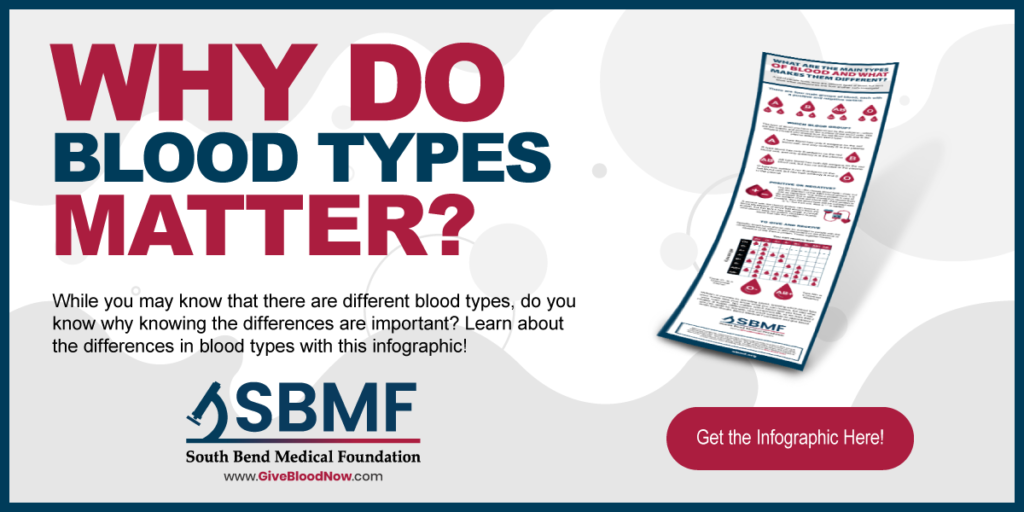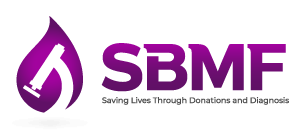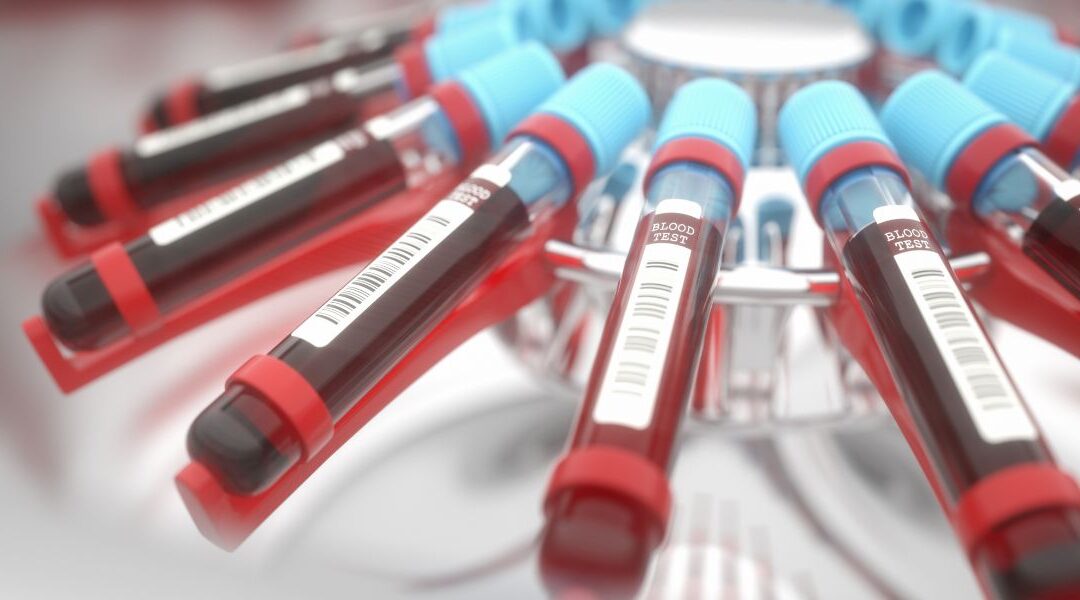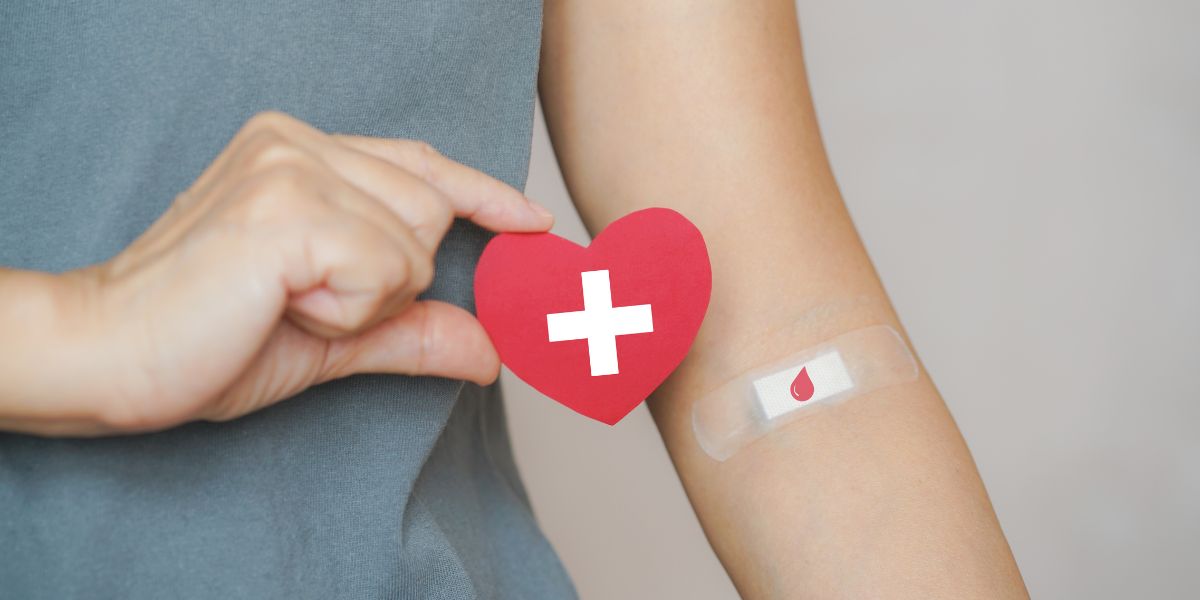Many people don’t know their blood type, but determining your type is essential in case you ever need a blood transfusion or are planning to donate blood. Not all blood types are compatible with each other, and receiving blood that’s incompatible with your type could affect your immune response. There are different blood types with different meanings, so let’s take a look!
Which Blood Type are You? Click Here
What are Blood Types and What Do They Mean?
There are multiple different blood group systems, but the most famous one is the ABO system and the Rh system, which are used together. The ABO system refers to what antigens are on the surface of your blood. What are antigens? Antigens help your body to distinguish between its own cells and dangerous cells. If your body thinks a cell is foreign, it will fight and destroy it.
There are four categories that the ABO system groups together: A, B, AB, and O. A has the A antigen. B has the B antigen. AB has both the A and B antigens, while O has neither A nor B antigens. Your body will create antibodies to attack cells containing antigens that your blood doesn’t normally have. As long as the added blood cells do not contain foreign antigens, the body will accept the blood.
Here’s how donations work:
- Type O people can donate to everyone because their blood has no antigens. That means they can only receive blood from other type Os.
- Type A people can donate to type A and type AB individuals. Type A people can receive blood from type O and other people with type A blood.
- Type B people can donate to type B and type AB individuals. This means type B people can receive blood from type B and type O individuals.
- Type AB people can donate only to type AB people. However, they can receive blood from all other types.
Rh factors are also included in the blood type
- Rh-positive people have Rh antigens. They can receive both Rh-positive and Rh-negative blood, but they can only give blood to Rh-positive people
- Rh-negative people don’t have Rh antigens. They can only receive Rh-negative blood, but they can give blood to Rh-positive and Rh-negative people
Based on the ABO and Rh systems, there are eight major blood types: A+, A-, B+, B-, AB+, AB-, O+, and O-.
Facts about Blood Types
- The most common blood type is O+, 37.4% of the U.S. population.
- The rarest blood type is AB-. Only .6% of the U.S. population have it.
- The universal donor is O-. That means anybody can receive this blood type.
- The universal recipient is AB+. Anybody who has this blood type can receive any blood type.
How Can You Determine Your Blood Type?
As you know by now, not all blood types are compatible. Determining your blood type is essential, but do you know how? You can find out your blood type easily by donating blood. When you donate blood at the South Bend Medical Foundation, not only will you learn what your blood type is, but you’re also helping people in your community. To learn more about your eligibility and donation locations, schedule an appointment.





